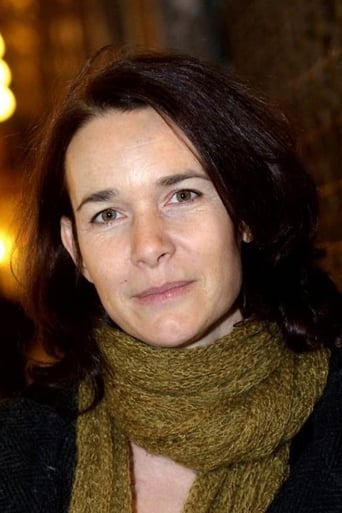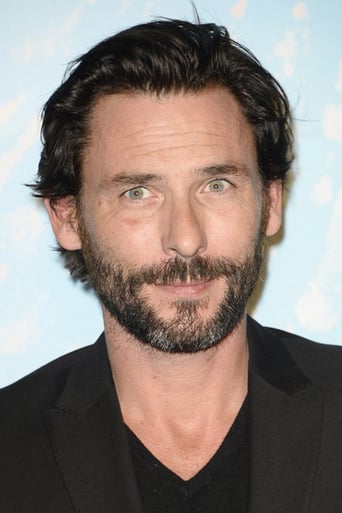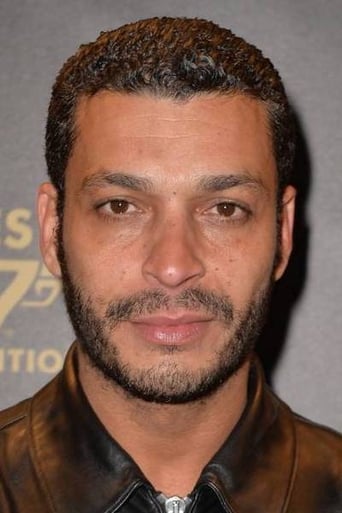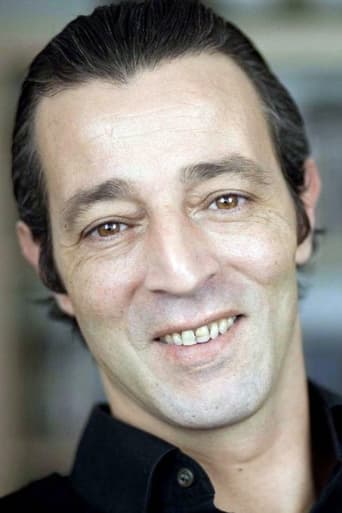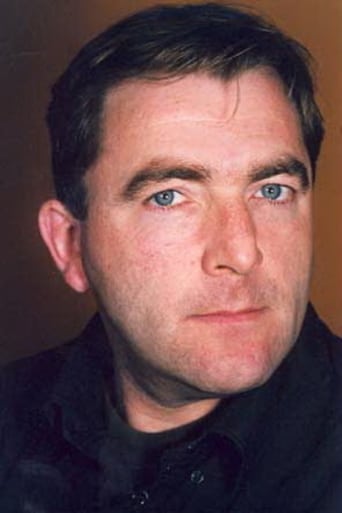Taraparain
Tells a fascinating and unsettling true story, and does so well, without pretending to have all the answers.
Dries Vermeulen
This as of yet unheralded little gem, the first feature film from an acclaimed short subject director, might very well be – in the not so humble opinion of yours truly – the best Belgian film since the sublime BAL DES PANTINS. Olivier Masset-Depasse takes a similarly idiosyncratic approach to story-telling filled with symbolism and metaphors that, judging by reviews read, seems to confound critics to a greater extent than the far more receptive audience I saw this with. The term "captive audience" would of course be deliciously ironic in this context as this is the role leading character Eve (Anne Coesens) forces her longtime lover Damien (Sagamore Stévenin) into about one third into the story, strapping him to the bed, not for erotic purposes (well, not just anyway) but to make him reconsider his decision to end their relationship. But I'm getting ahead of myself here.At the start of the story, Eve's an ambulance driver with the capacity to save lives even after her co-workers have given up. All this is about to change following a gruesome accident on the job that literally leaves her speechless, though the doctor claims her vocal chords weren't damaged and her condition therefore must be psychosomatic. A year later, Eve has just barely evolved towards a severe stutter, deeply frustrating Damien who can apparently no longer get through to her, sending him into the loving embrace of Léa (Micheline Goethals), beer supplier to his bar. Memories of the accident continue to paralyze Eve who has withdrawn into a steel-barred cage of stifling lethargy, her single activity now being her incompetent "helping out" at the bar. When she learns of Damien's infidelity and his resolution to give up on her, something snaps and she's determined to show him the error of his ways… Now if you think you've got the rest of the movie figured out, you would be strongly advised to think again as the plot feverishly meanders towards a finale that surely no one could predict. Suffice to say that it's set at the café's annual pageant for the imitation of animal sounds (not an actual pastime in the French-speaking part of Belgium, as some reviewers have wondered, but a fabrication specifically for the purpose of this film) and that it somehow seems to represent a deal-breaker for people's appreciation of the entire movie as the story's comparative realism up until that point is swiftly thrown out the window. Heavily influenced by the visual poetry of Jean Cocteau (especially his unsurpassed BEAUTY AND THE BEAST, of course), this whole magnificent sequence further reinforces the cage-analogy the title suggests, though the deepest meaning thereof is the limitation we impose upon ourselves when we consider ourselves as (nothing but) part of a couple, relinquishing our individuality (here Eve's voice) in the process. While this may sound heavy-handed, the film is actually anything but. Contrary, the director's florid imagination assures it constantly remains playful and invigorating. Images are framed and composed in often surprising ways and the hauntingly lilting soundtrack is the best I've heard since Alexandre Desplat's work on BIRTH. With each of the movie's three acts centered around a crucial love scene between the two protagonists (tellingly, there's no display of affection between Damien and his paramour Léa), it is also a genuinely erotic film. Both Coesens and Stévenin already carry a powerful sexual charge from past taboo-breaking work (on Virginie Wagon's LE SECRET and Cathérine Breillat's ROMANCE respectively) and they brilliantly guide viewers – who will strongly empathize with them – through successive emotions and psychological states of mind that are part of lovemaking, rendering the cinematic experience universal.
